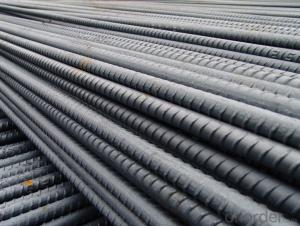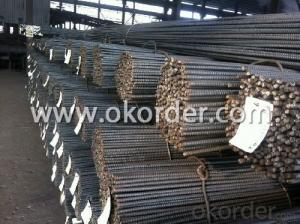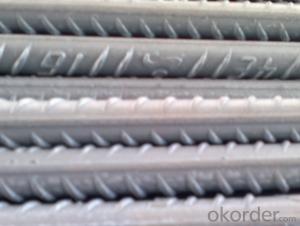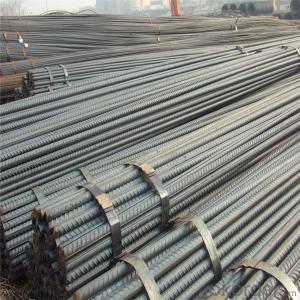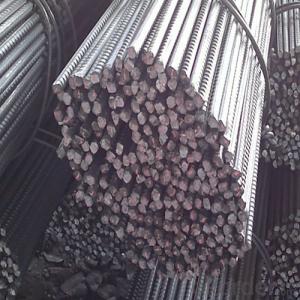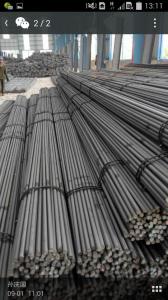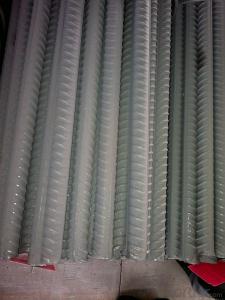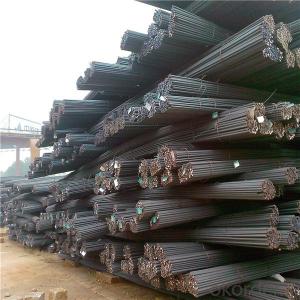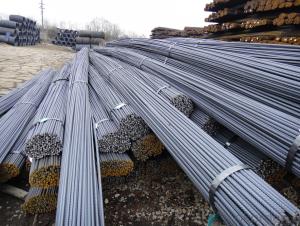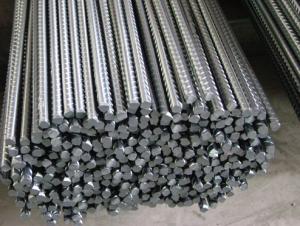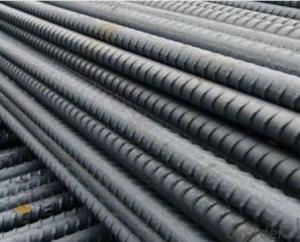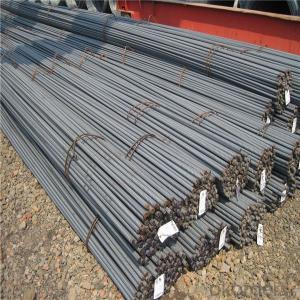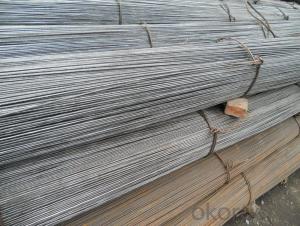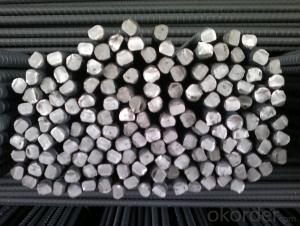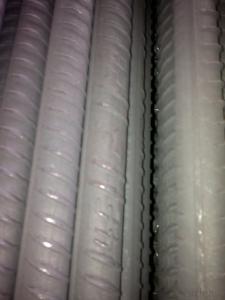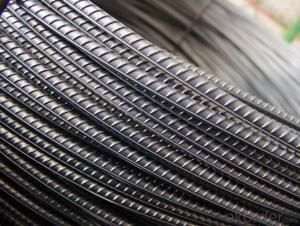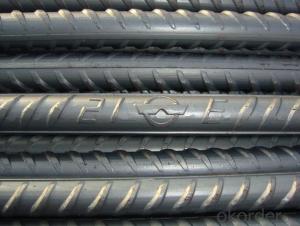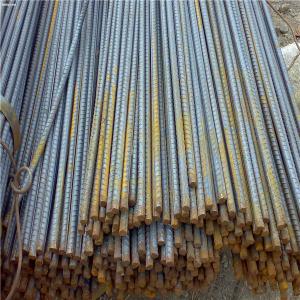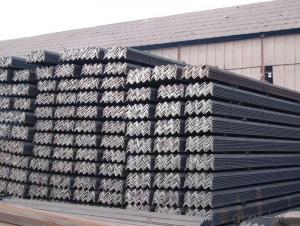All Categories
- - Steel Wire Rod
- - Steel Coils
- - Steel Profiles
- - Steel Pipes
- - Stainless Steel
- - Tinplate
- - Special Steel
- - Steel Sheets
- - Steel Rebars
- - Steel Strips
- - Hot Rolled Steel
- - Cold Rolled Steel
- - Pre-painted Steel
- - Seamless Steel Pipe
- - Welded Steel Pipe
- - Hollow Steel Tubes
- - Galvanized Pipe
- - Stainless Steel Coil
- - Stainless Steel Sheet
- - Stainless Steel Plate
- - Stainless Steel Strips
- - Electrolytic Tinplate Coil
- - Electrolytic Tinplate Sheet
- - Stainless Steel Rebars
- - Solar Panels
- - Solar Water Heater
- - Solar Related Products
- - Solar Inverter
- - Solar Cells
- - Solar Light
- - Solar Energy Systems
- - Solar Controllers
- - Solar Mounting System
- - Solar Pump
- - Solar Chargers
- - Fiberglass Chopped Strand
- - Fiberglass Mesh Cloth
- - Composite Pipes
- - FRP Pultrusion Profiles
- - Fiberglass Mat Tissue
- - Fiberglass Fabrics
- - Fiberglass Mesh
- - Composite Tank
- - Fiberglass Mesh tape
- - Polymer
- - FRP Roofing Panel
- - Fiberglass Roving
- - Monolithic Refractories
- - Ceramic Fiber Products
- - Refractory Bricks
- - Raw Materials For Refractory
- - Suspended Platform
- - Cranes
- - Concrete Machinery
- - Earthmoving Machinery
- - Building Hoist
- - Road Building Machinery
- - Plastic Pipe Fittings
- - Plastic Tubes
- - Plastic Sheets
- - Agricultural Plastic Products
- - Plastic Nets
 All Categories
All Categories
Q & A
What are the safety considerations for workers involved in the transportation and lifting of heavy steel rebar cages?
The safety considerations for workers involved in the transportation and lifting of heavy steel rebar cages include:
1. Adequate training: Workers should receive proper training on the correct techniques for handling and lifting heavy steel rebar cages. This includes understanding the equipment being used, such as cranes or forklifts, as well as any specific safety procedures in place.
2. Personal protective equipment (PPE): Workers should wear appropriate PPE, such as steel-toed boots, gloves, hard hats, and high-visibility clothing. This helps protect them from potential hazards like falling objects or accidents during lifting and transport.
3. Equipment inspection: Regular inspection of lifting equipment, such as cranes, slings, or hooks, is essential to ensure they are in good working condition. Any damaged or faulty equipment should be immediately repaired or replaced to prevent accidents.
4. Secure and stable lifting points: Proper attachment points should be identified and used to secure the steel rebar cages during lifting. These attachment points must be strong enough to support the weight of the cages and ensure stability during transportation.
5. Load capacity and weight distribution: It is crucial to know and adhere to the load capacity of the lifting equipment being used. Overloading the equipment can lead to accidents or structural failures. Additionally, workers should ensure that the weight is distributed evenly across the lifting points to maintain stability.
6. Communication and coordination: Effective communication between workers involved in the lifting and transportation process is vital. Clear signals should be established to ensure everyone is aware of the intended actions, and coordination is maintained to avoid potential accidents or injuries.
7. Safe working environment: The work area should be clear of any obstacles, slippery surfaces, or tripping hazards. Regular housekeeping and maintenance should be conducted to minimize the risk of accidents during transportation and lifting operations.
8. Risk assessment and planning: Prior to any lifting or transportation activity, a thorough risk assessment should be conducted. This includes identifying potential hazards, evaluating their severity, and implementing appropriate control measures to mitigate risks.
Overall, prioritizing worker safety, proper training, equipment maintenance, and adherence to safety protocols are key considerations when it comes to the transportation and lifting of heavy steel rebar cages.
How do steel rebars impact the structural stability of a bridge?
Steel rebars have a significant impact on the structural stability of a bridge by enhancing its strength and load-bearing capacity. Rebars provide tensile strength to concrete, which is otherwise weak in tension. By reinforcing the concrete structure, rebars help resist external forces such as heavy traffic loads, wind, and earthquakes, ensuring the overall stability and durability of the bridge.
What is the role of steel rebars in providing tensile strength to concrete structures?
The role of steel rebars in providing tensile strength to concrete structures is crucial. Concrete is strong in compression but weak in tension. By incorporating steel rebars into the concrete, the tensile forces that the structure may encounter are effectively transferred to the steel, preventing the concrete from cracking or failing under tension. The rebars act as reinforcement, increasing the overall strength, durability, and structural integrity of the concrete structure.
What is the function of steel rebars in the construction of foundations and footings?
The function of steel rebars in the construction of foundations and footings is to provide reinforcement and strength to the concrete structures. Rebars are used to increase the tensile strength of the concrete, as concrete alone is strong in compression but weak in tension. By adding steel rebars, the structure becomes more resistant to cracking and bending under heavy loads, ensuring the stability and durability of the foundation and footing.
Wholesale Steel Rebars from supplier in Belgium
We are a Steel Rebars supplier serving the Belgium, mainly engaged in the sale, quotation, and technical support services of various Steel Rebars products in the Belgium region. We are a subsidiary platform of the Fortune Global 500 company CNBM, able to provide you with one-stop Steel Rebars procurement services in the Belgium. Not only do we have a wide range of Steel Rebars products, but after years of market development in the Belgium, we can also provide valuable experience for your projects.
